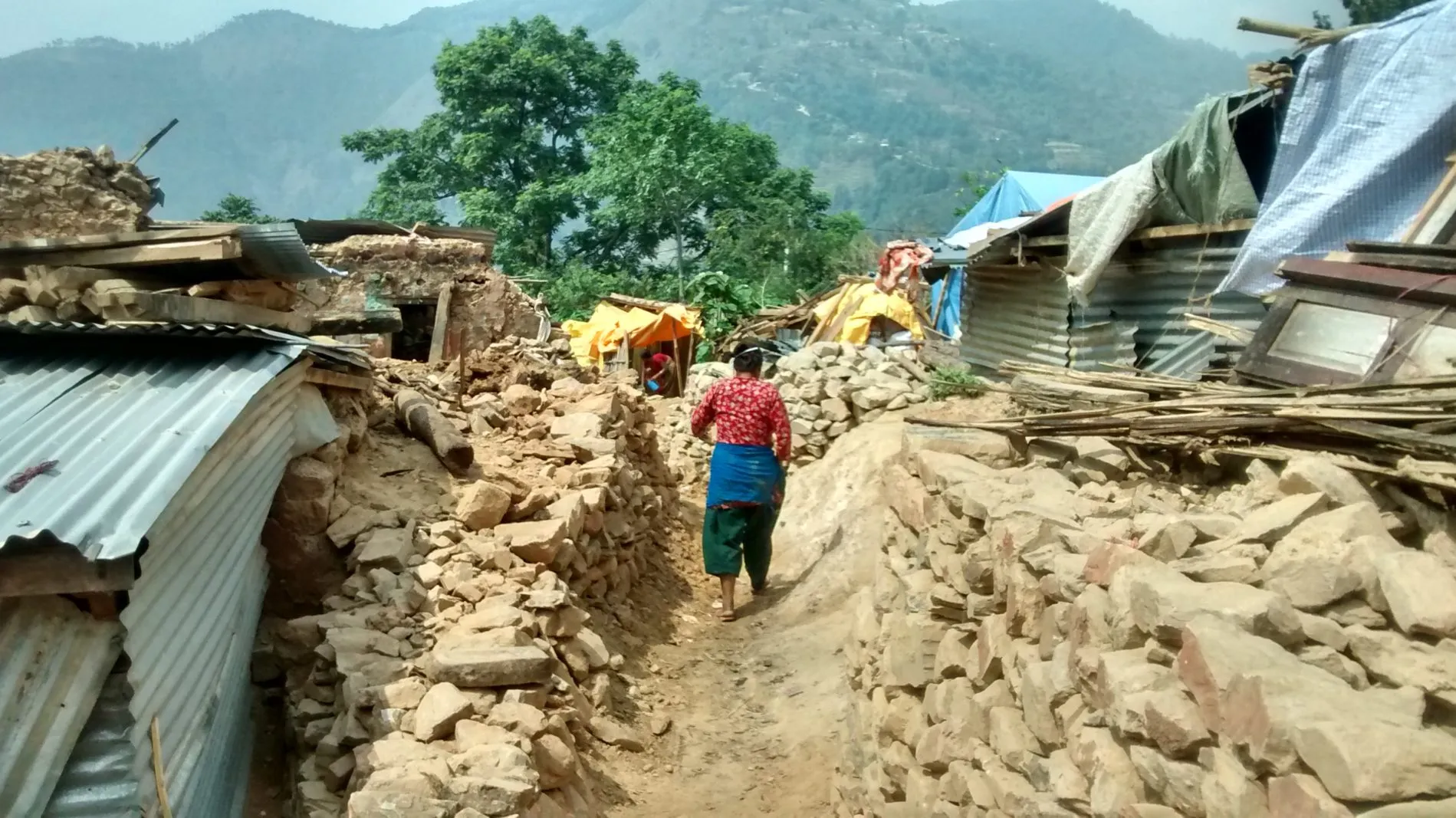Innovative Responses to Intimate Partner Violence in Humanitarian Settings - Funding opening soon

Guided by our Gap Analysis, we have been working to address the complex problem of gender-based violence (GBV) in humanitarian settings since 2015.In anticipation of our updated Gap Analysis 2.0 (due to be published later this year), this new Innovation Challenge has been developed based on insights from the first gap analysis and in consultation with our GBV Technical Working Group.
Why focus on Intimate Partner Violence response?
IPV is one of the most prevalent forms of GBV in humanitarian settings, with research showing prevalence rates of IPV perpetrated against women and girls in conflict-affected settings are higher than rates of non-partner sexual violence.IPV is a complex issue in humanitarian settings as pre-existing gender inequalities can change rapidly due to displacement, and emergencies can trigger other contributing factors which may exacerbate it.With this understanding, responses to IPV must be highly contextual, culturally sensitive and adaptive. However, the few available reviews of IPV response programmes highlight a range of gaps for their effective delivery. These include the limited amount of direct engagement of women and girls to inform responses, a lack of a coordinated multi-sectoral response, and limited contextualisation.
What is the Innovation Challenge?
In this Innovation Challenge we are looking to fund innovative IPV response interventions that meet the needs and maintain the safety and security of women and girls in humanitarian settings. These innovative interventions should be, or contain, novel elements that aim to improve on existing practice.Women and girls should drive projects by defining their needs and what a safe, secure and effective IPV response intervention looks like. They should also assess how the innovative intervention has met, or is on track to meet, their needs at the close of the project.Successful projects will be expected to gather evidence on the effectiveness of their response interventions and provide clear learnings that could inform other IPV response interventions.We have a total budget of £500,000 available for this Innovation Challenge. From this, we envisage funding a selection of IPV response interventions with varying budgets, generally between £50,000 and £175,000 per project.Applicants to this Challenge must be led by, or be in partnership with,a local organisation with experiencing providing services to specifically support women and girls, as well as an operational humanitarian partner.
I’m interested! What’s next?
When will I be able to apply?The Innovation Challenge will open on Wednesday 8 July, with all the information on our Funding Opportunities page, including their purpose, aim and eligibility criteria.Is there anything I can do before the Innovation Challenges open?This Innovation Challenge is now open.[.slimline-cta-box][.slimline-cta_paragraph]We want to strongly encourage applicants from, and partnerships with, women-led organisations and regions affected by crisis to apply for this Innovation Challenge. If this applies to you or your organisation, then we encourage you to reach out to us with any questions.[.slimline-cta_paragraph][.slimline-cta-box]
Stay updated
Sign up for our newsletter to receive regular updates on resources, news, and insights like this. Don’t miss out on important information that can help you stay informed and engaged.
Explore Elrha
Learn more about our mission, the organisations we support, and the resources we provide to drive research and innovation in humanitarian response.